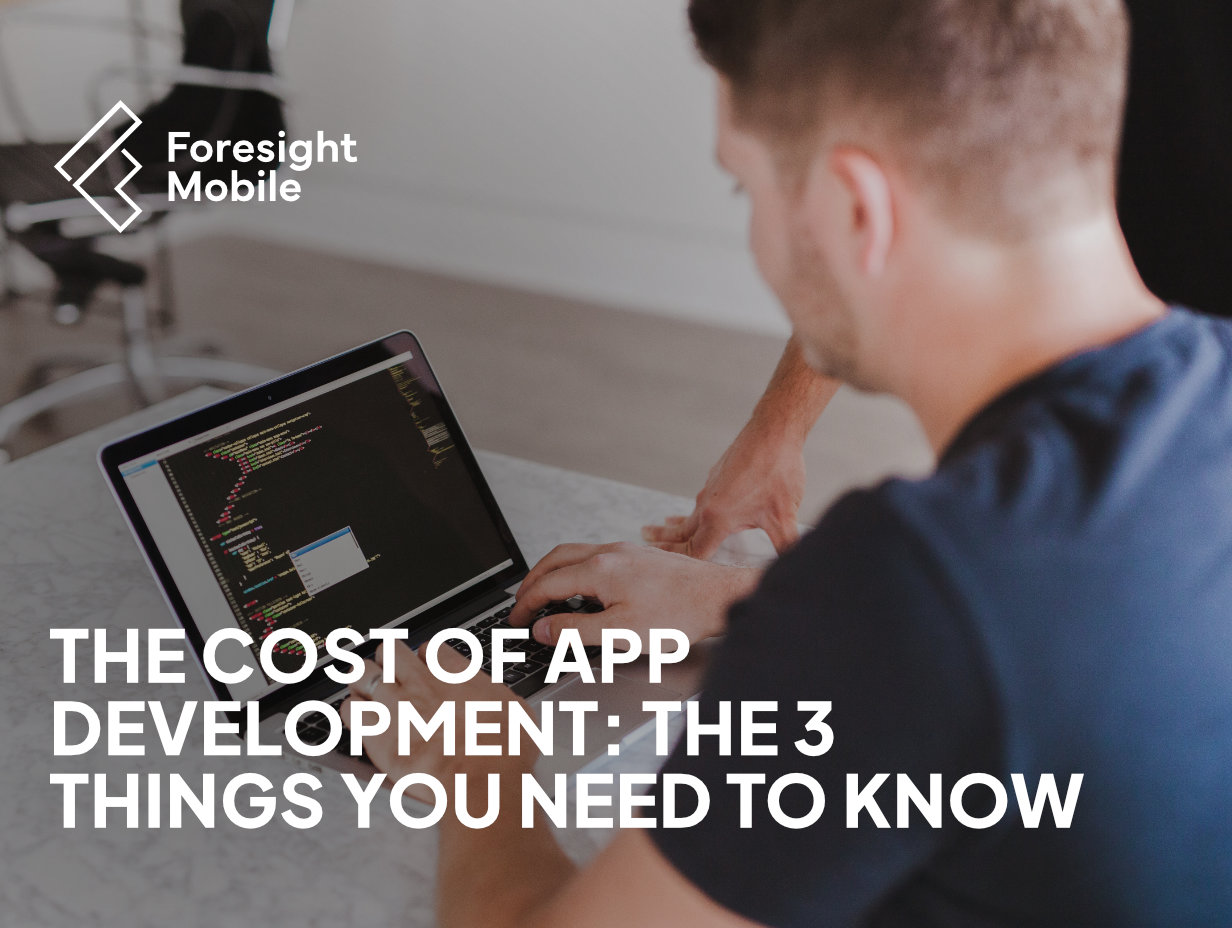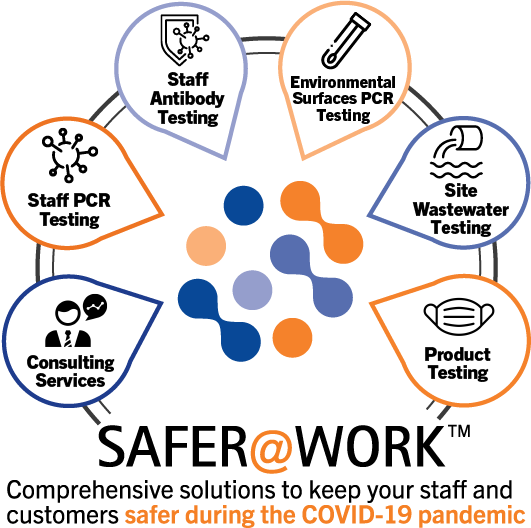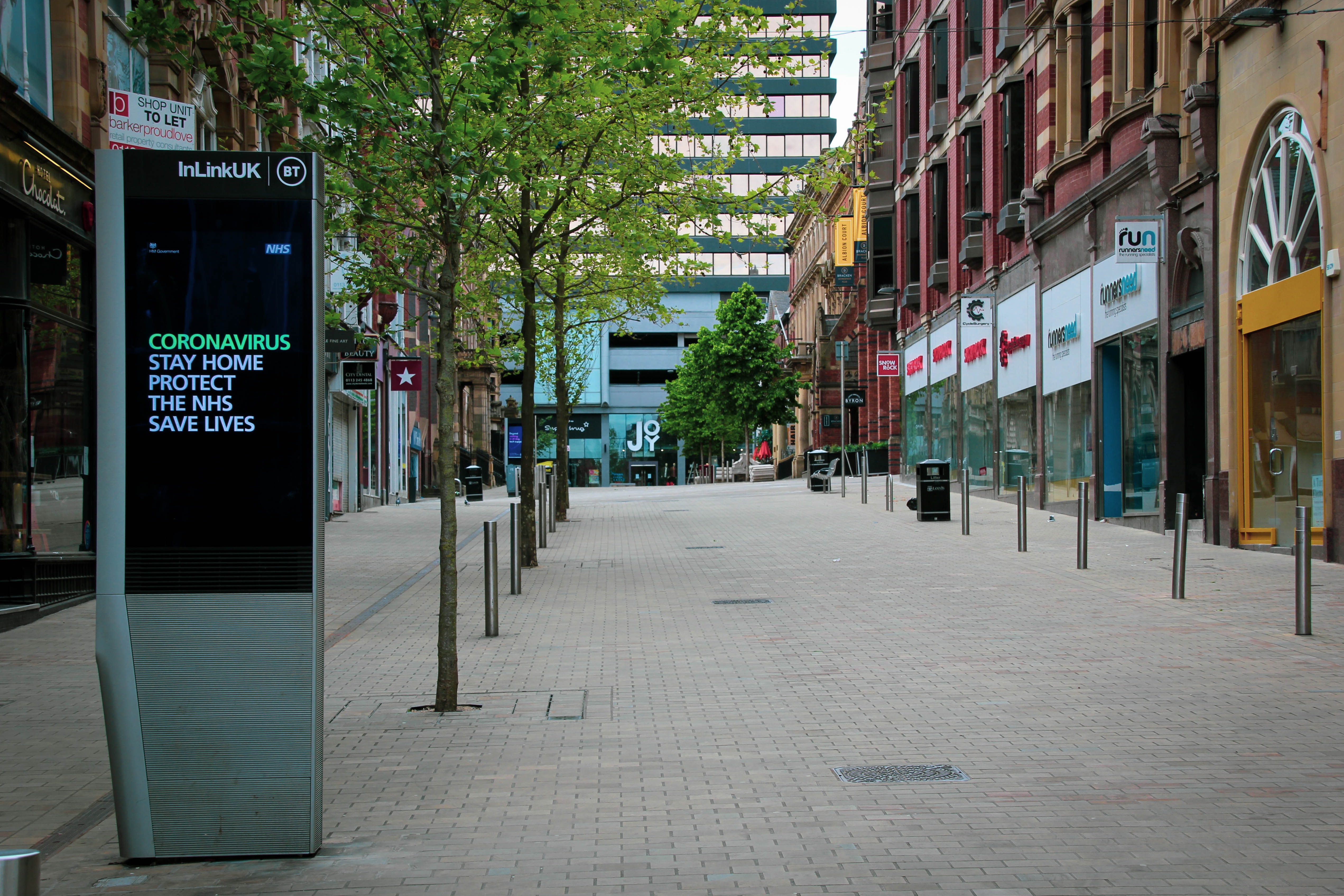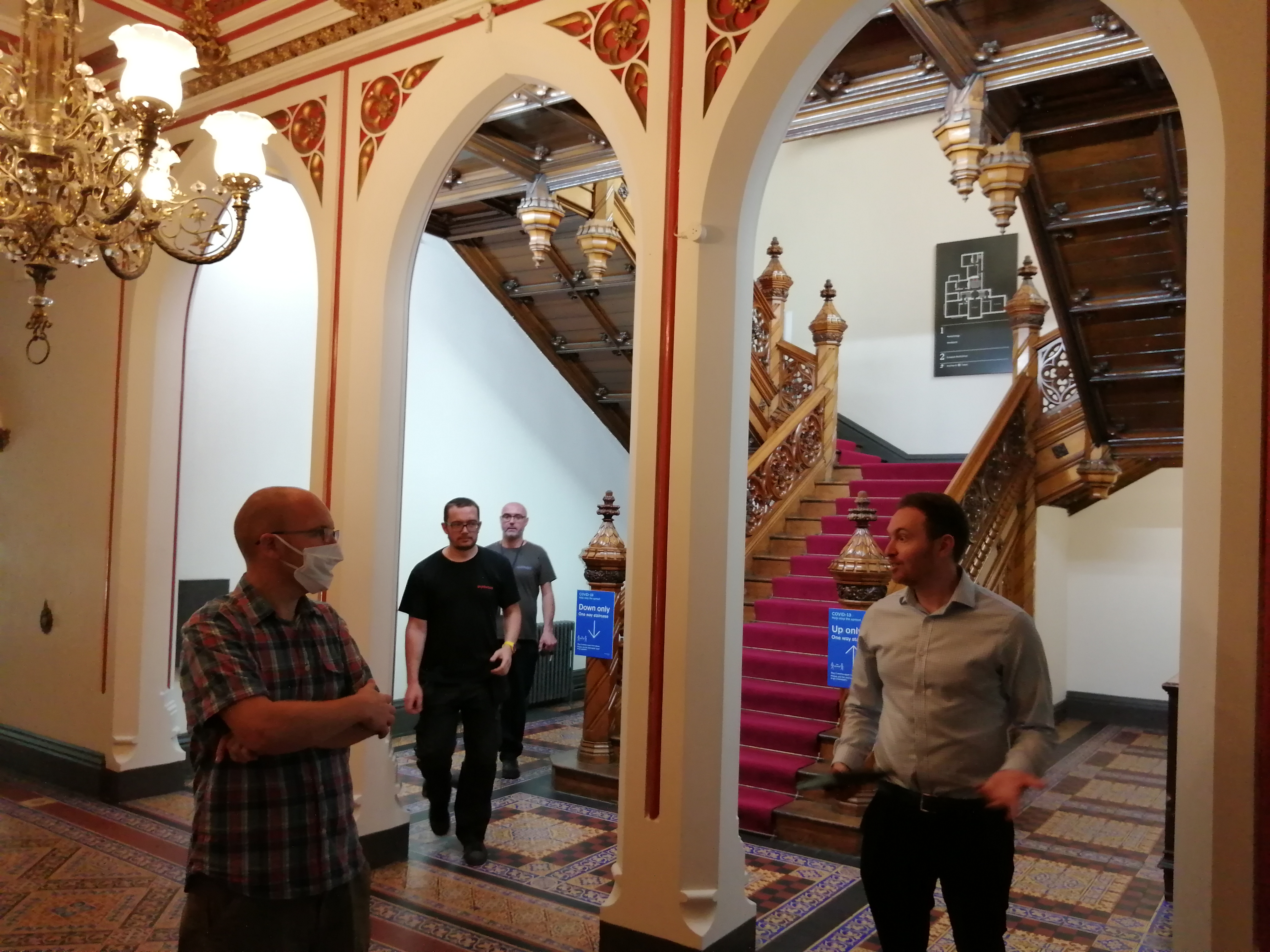
There’s no question that a bespoke app for your business or organisation can bring a tangible return on investment (ROI).
Over the past 10 years the UK (and the wider world) has seen a marked increase in both the number of users of mobile devices, the number of apps used and the revenue they generate. You can read some key findings from Business of Apps here.
As with any investment though, that ROI will depend on your outlay, and that outlay will depend on several factors.
In this blog we’ll look at the important elements you need to take into account before you start your app development journey. Considerations including the scope of your app, speed of delivery and the clarity of your roadmap will all play a part and have an impact on the development cost.
Let’s get into some detail…

1) Pre-Discovery
This may sound obvious, but before you engage with a developer you’ll really need to think through the why, what, when, who and how in relation to your software product.
More specifically:
- Why are you investing in an app?
- What do you want the app to achieve?
- When do you want it delivered?
- Who is the app aimed at?
- How is it going to help your business / organisation?
Thinking through these questions will help you to understand the logic behind your app – which will be crucial when engaging with software developers in the next stage.
You might not have all of the answers at this point – but in itself that will help to guide you and your development partners as your product begins to come to life.
So, what has this got to do with app development cost? Any consultation with an app developer is likely to incur a charge, particularly if you’re a profit-making organisation, although some developers may offer an initial free consultation.
Being armed with as many answers to the above will help to streamline the initial phase, allowing you to give the developer a clear idea of where you want to get to.
Having everyone on the same page from the outset will help you to save time, and therefore money in the long-run.
At this stage we would advise speaking to several developers who will be able to give you a ballpark idea of costs and timeframes which will be formalised following the discovery session.
2) Discovery
This next phase is the opportunity to really dive deep into the functionality of your app, including aspects such as User Experience (UX), the platform it’s built on, the amount of testing needed and the amount of bespoke programming required.
Your developers will ask you questions to really drill down into the nuts and bolts of your app. All of the following will be up for discussion at this stage, and all will have an impact on the cost. Here’s 6 impacts on the cost
- Type of app – the type of app you need or want can vary. Some provide simple information with limited interaction and functionality. At the more expensive end of the scale are e-commerce apps which can process payments, link to user accounts and provide bespoke offers.
- UI / UX – If you want your app to be user-friendly, the User Interface / User Experience strategy will form a key part of the development. Due to the nature of this process which involves user testing and feedback, significant costs can occur here – particularly if you need to undergo several rounds of testing and improvements. However, time and money invested at this point will help you to create an app that users want to use – which in itself is highly valuable.
- Platform – Whether developing an app for iOS, Android or both, the platform it’s built on will definitely affect the cost. Your developers will be able to offer guidance on the best solutions depending on your needs.
- Speed of delivery – If you want something done fast, and to a high standard, it’s going to be require staff to support it. The urgency of the app development will impact the size of the team needed for development and testing, which will ultimately translate directly into a higher cost for your business / organisation.
- Security and compliance – This will be largely influenced by the type of app you are developing, but if you are dealing with customer data you will need expert advice when it comes to security and compliance to ensure you don’t end up in legal trouble further down the line.
- Complexity and scalability – The number of unique features your app needs will necessitate a higher degree of skill and again (you guessed it) more time. Another consideration is the future – scope for scalability will be important if you believe your business and your app will grow significantly.

3) Engage with your Developer
If you’ve ever had building work done on a property, you’re probably familiar with costs increasing as the job continues. This is usually due to unforeseen circumstances, problems that need to be remedied or due to a change in the scope of the work.
Whilst the former elements can be a factor in app development, the latter is something that shouldn’t be an issue if you have fully considered and discussed your scope of work with your developer during the discovery sessions.
It’s important though to build in some contingency into your budget should it be needed to prevent delays and allow you to get all of that hard work online!
The bottom line
Any developer who can give you a ballpark quote for app development without understanding your organisation and the aspiration for the app is probably best avoided.
To go back to the building metaphor, you wouldn’t phone a builder and ask for a quote for an extension without meeting them and showing them your property!
You will need to invest time in developing that relationship with your developer so they can truly understand your aims and provide guidance accordingly.
The cost of app development can vary significantly when you take into consideration all of the elements discussed in this blog. It’s best to speak to the experts as soon as you have completed your pre-discovery phase to fully understand the cost implications, timescale and agreed scope of work.
We can help you to get your app into the hands of users. Speak to us today to book your free consultation.








